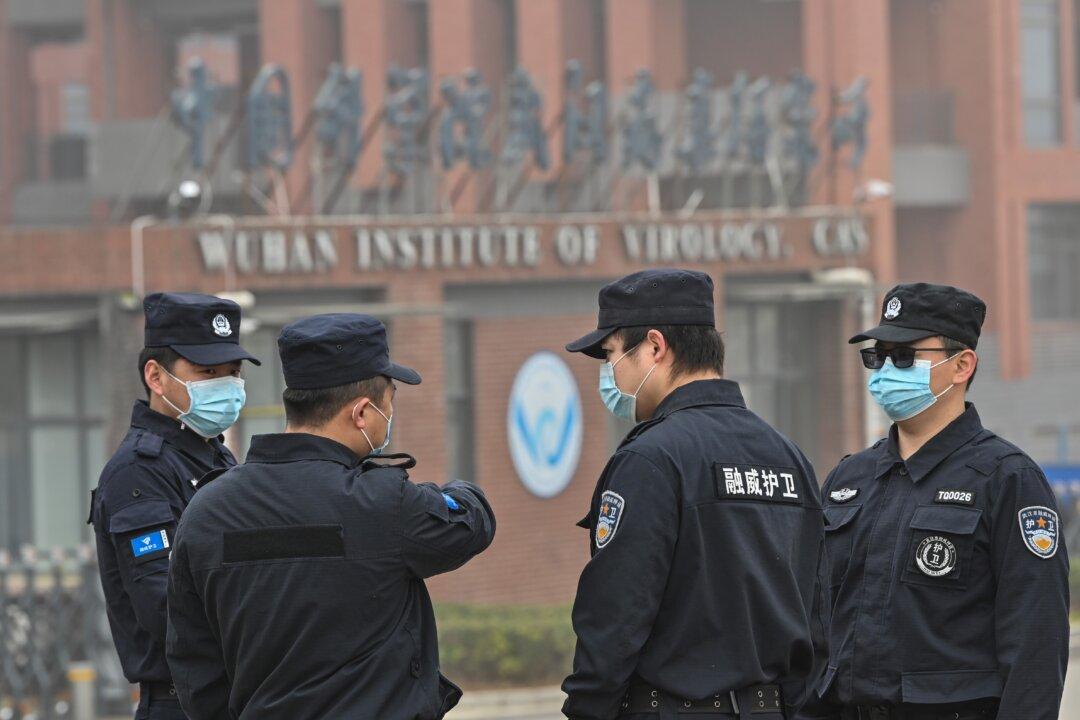Republicans on the House Select Subcommittee on the Coronavirus Pandemic are discussing whether COVID-19 was the result of a weaponized virus and whether international organizations and even the U.S. intelligence community obfuscated evidence after the virus began to spread around the world.
The special panel investigating the virus origins met for its second hearing on Tuesday. At the hearing, lawmakers heard from former Director of National Intelligence (DNI) John Ratcliffe, former Deputy Assistant Secretary of State for East Asian and Pacific Affairs David Feith, and intelligence analyst Mark Lowenthal.





